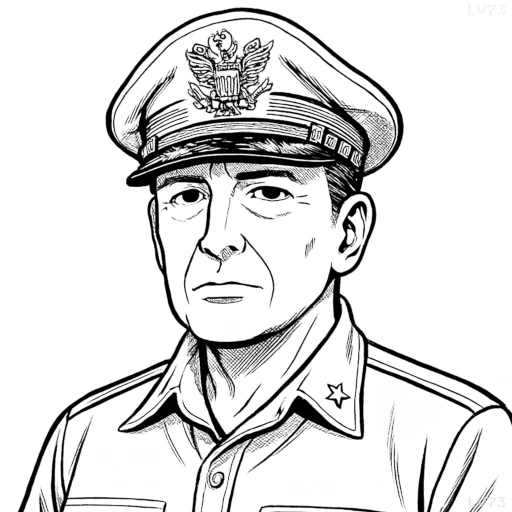“Could I have but a line a century hence crediting a contribution to the advance of peace, I would yield every honor which has been accorded by war.”

- January 26, 1880 – April 5, 1964
- American
- General of the Army, Military Leader, Supreme Commander in the Pacific Theater during World War II
table of contents
Quote
“Could I have but a line a century hence crediting a contribution to the advance of peace, I would yield every honor which has been accorded by war.”
Explanation
In this quote, MacArthur expresses a profound longing for his legacy to be tied not to war, but to peace. Despite his towering status as a military leader, he suggests that even a single line written in the future, recognizing a contribution to peace, would outweigh all military honors he had received. This reflects a deep introspection and perhaps a reevaluation of values that often accompanies a life spent in war.
Historically, Douglas MacArthur was celebrated for his leadership in the Pacific Theater during World War II and his controversial command during the Korean War. Yet even with his accolades, including the Medal of Honor, this quote reveals his belief that peace is a far nobler achievement than victory in battle. It implies that the true measure of greatness lies not in the honors gained through conflict, but in the lasting impact made toward ending it.
In modern times, this sentiment resonates with leaders and citizens alike. The desire to be remembered for fostering peace rather than participating in conflict is a universal aspiration for those who understand the cost of war. Whether through diplomacy, humanitarian efforts, or education, many strive to make peaceful contributions that endure. MacArthur’s quote serves as a reminder that the highest form of honor may be found not on the battlefield, but in the quiet shaping of a more harmonious future.
Would you like to share your impressions or related stories about this quote in the comments section?

